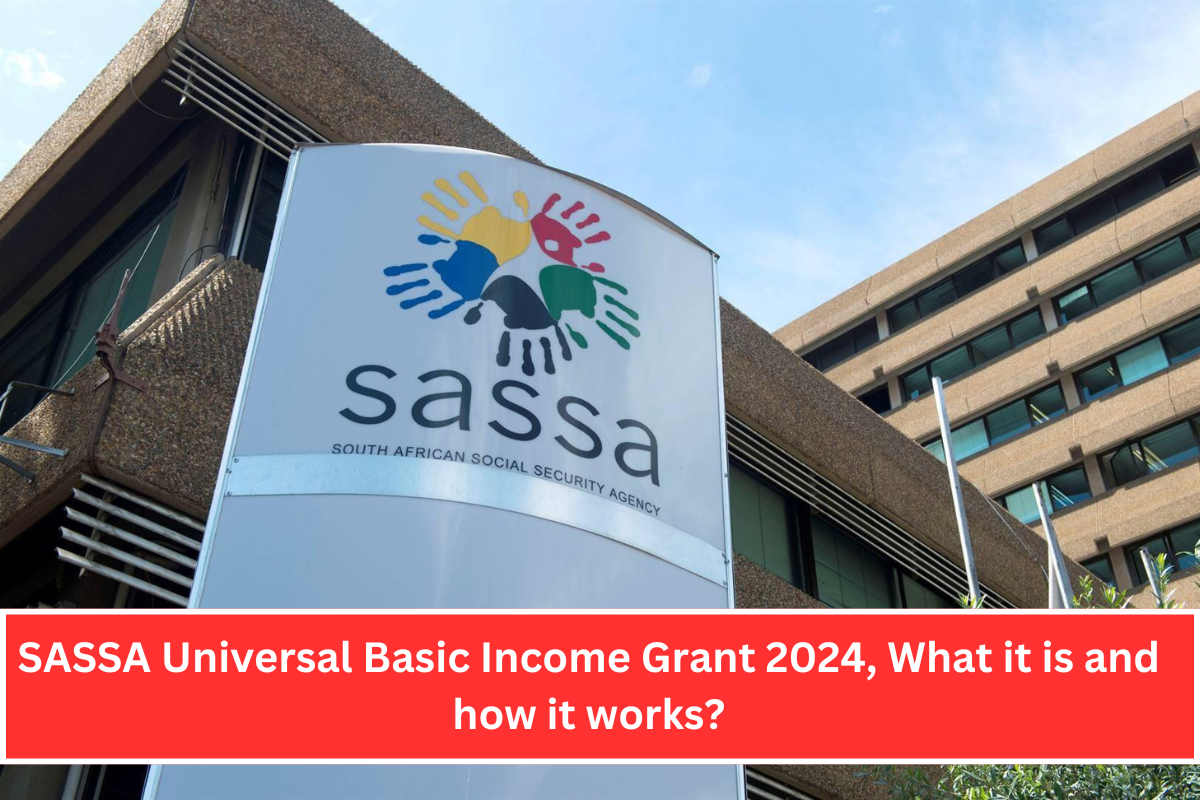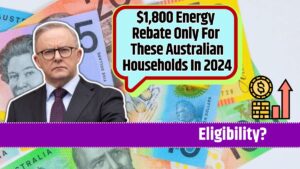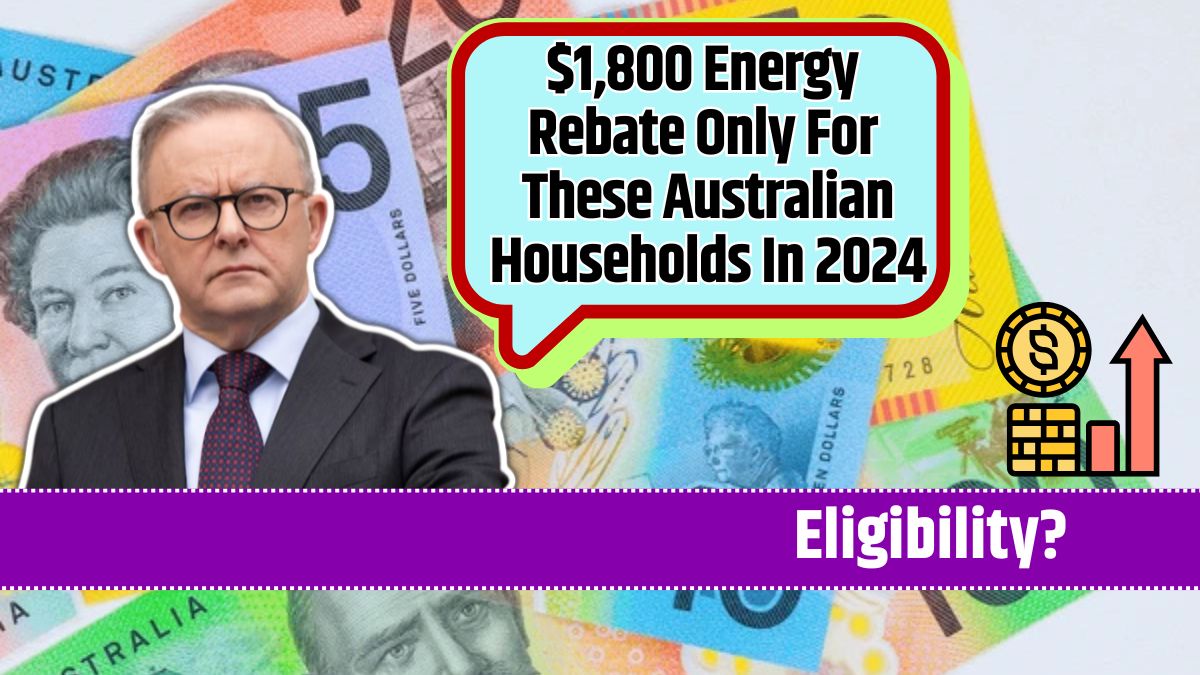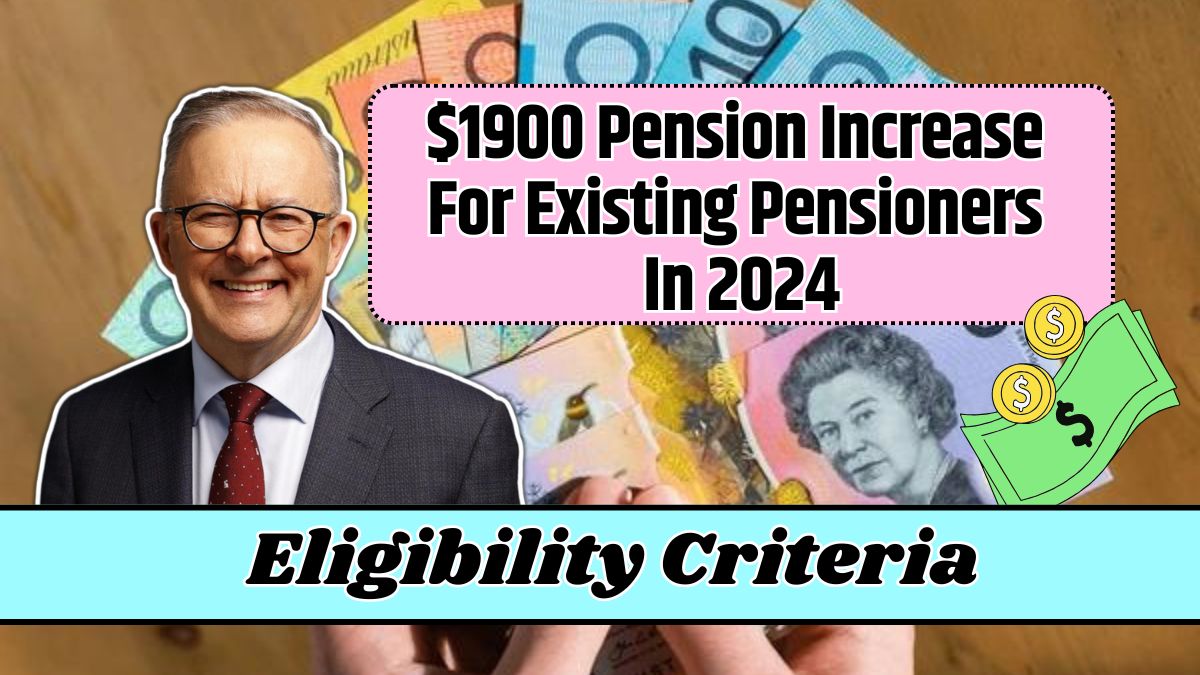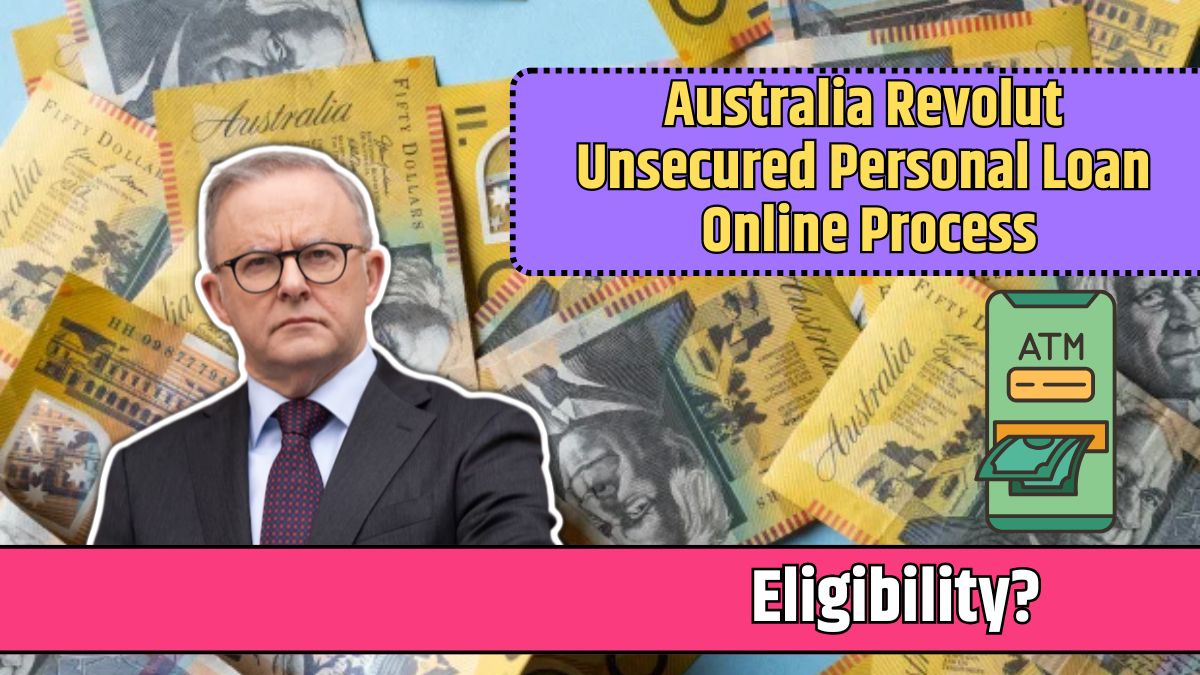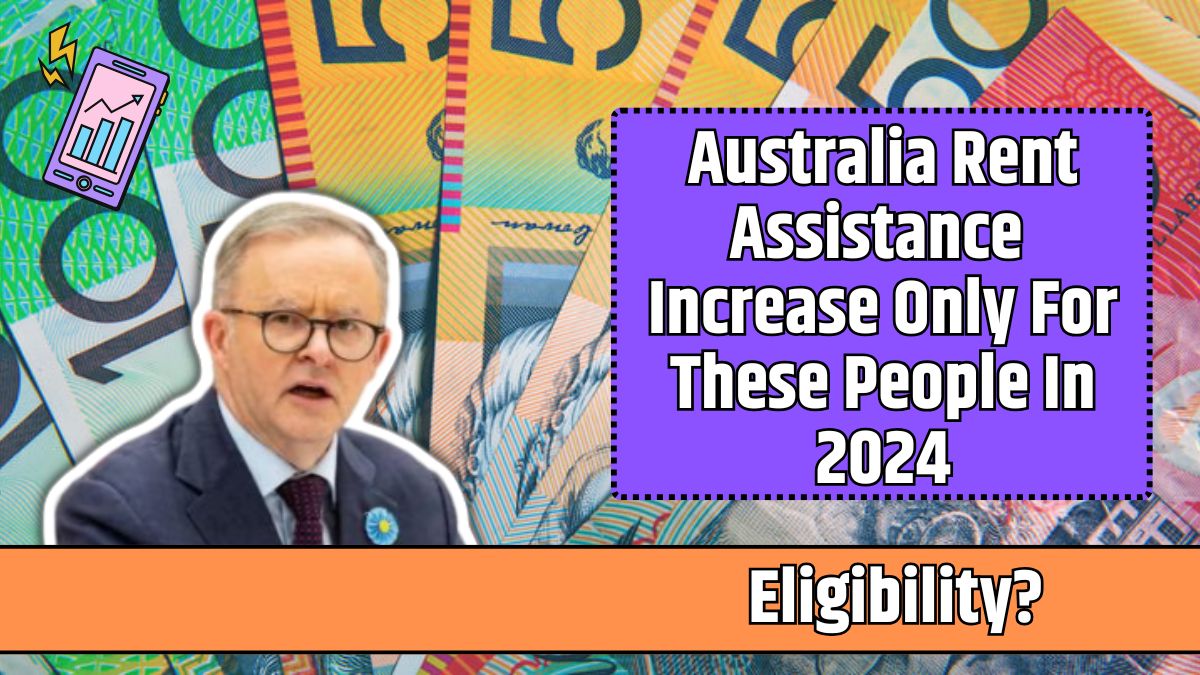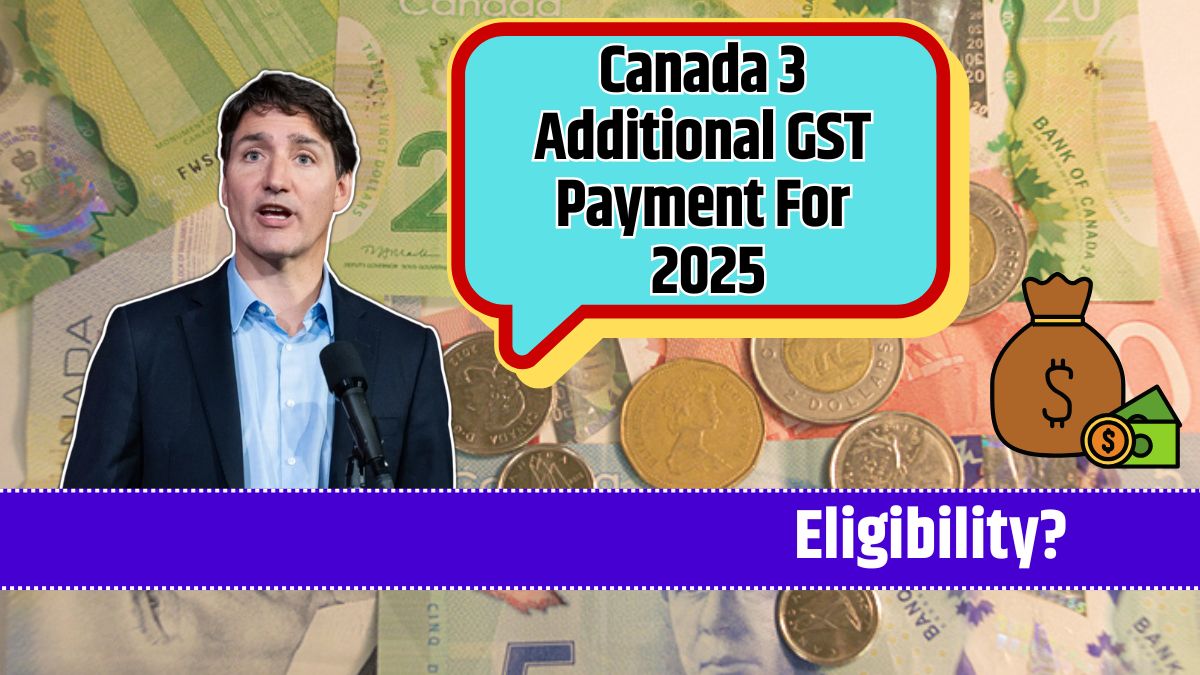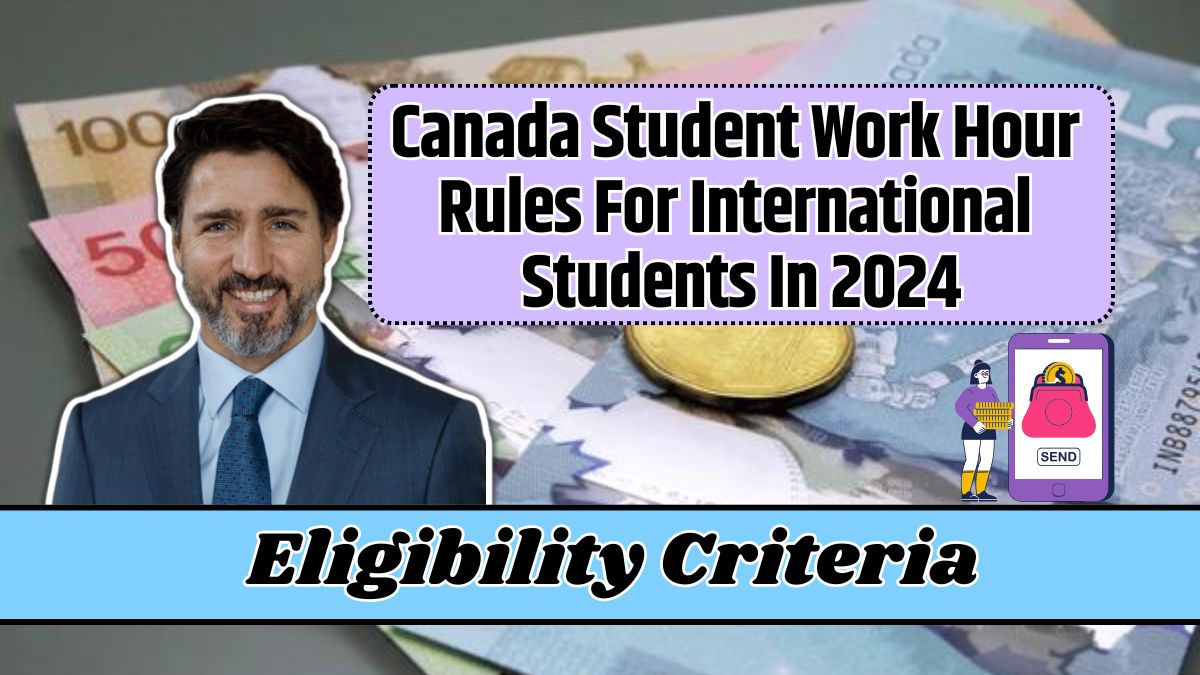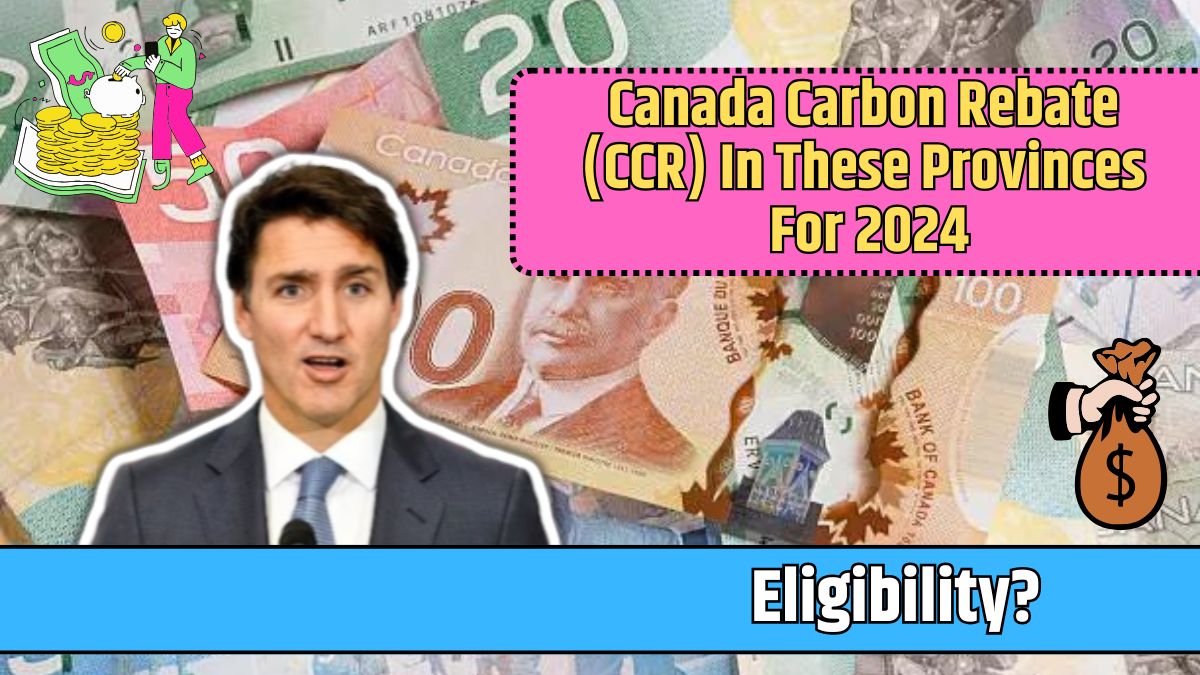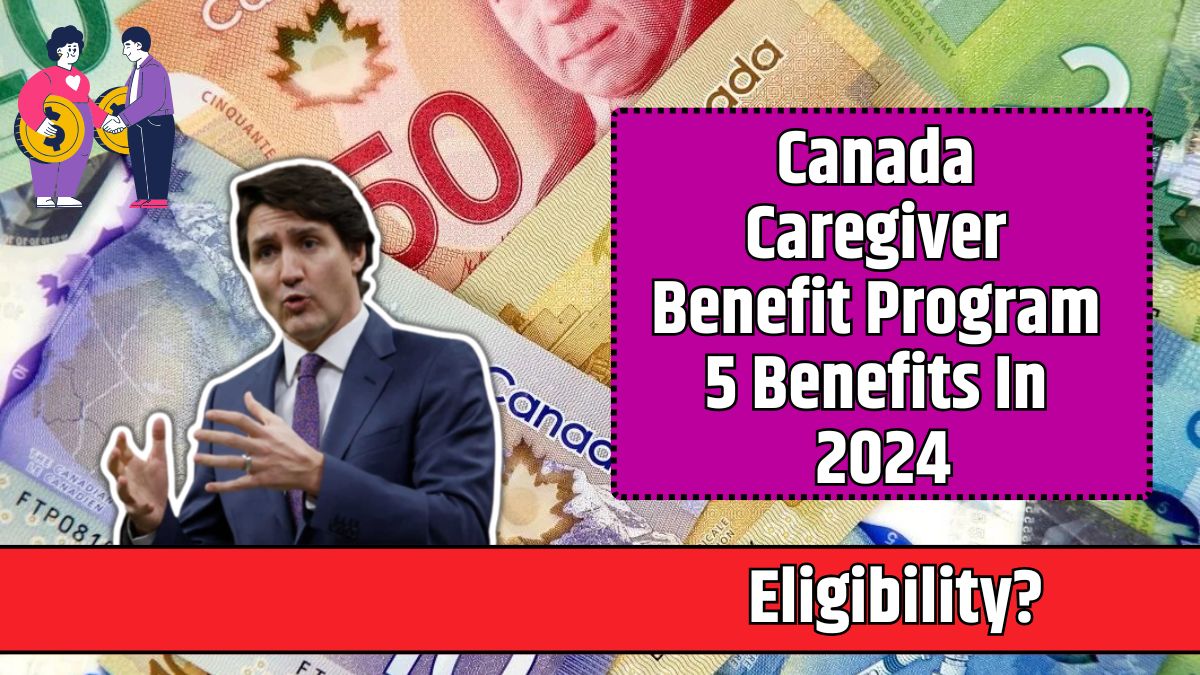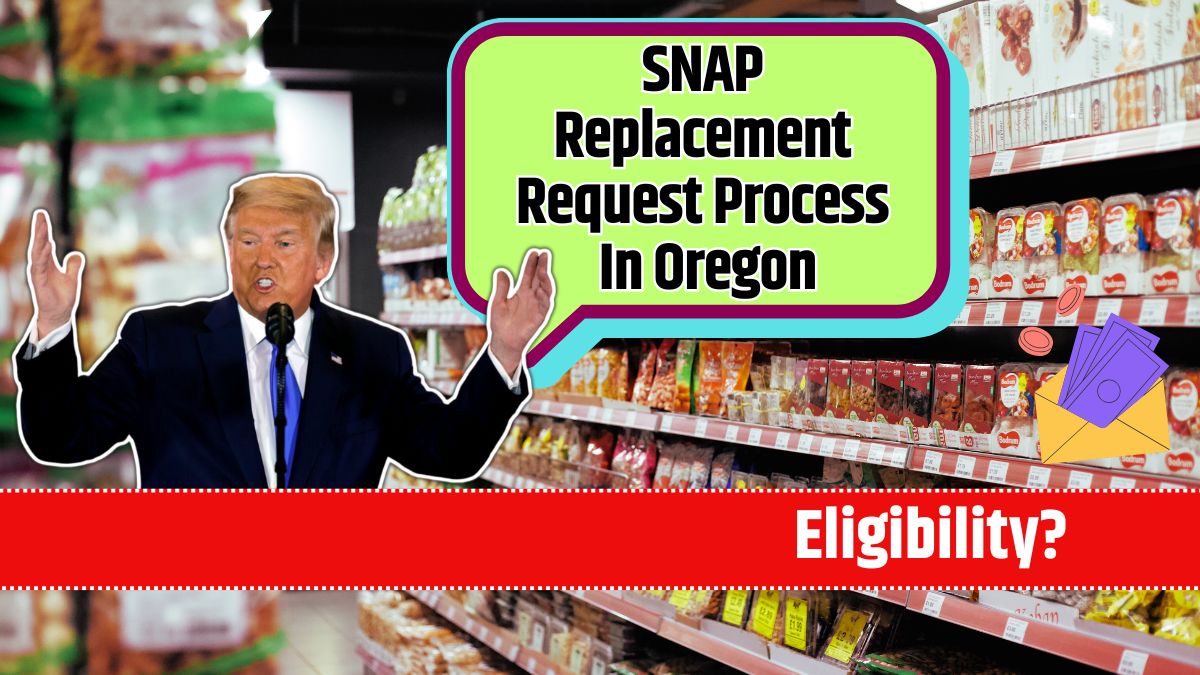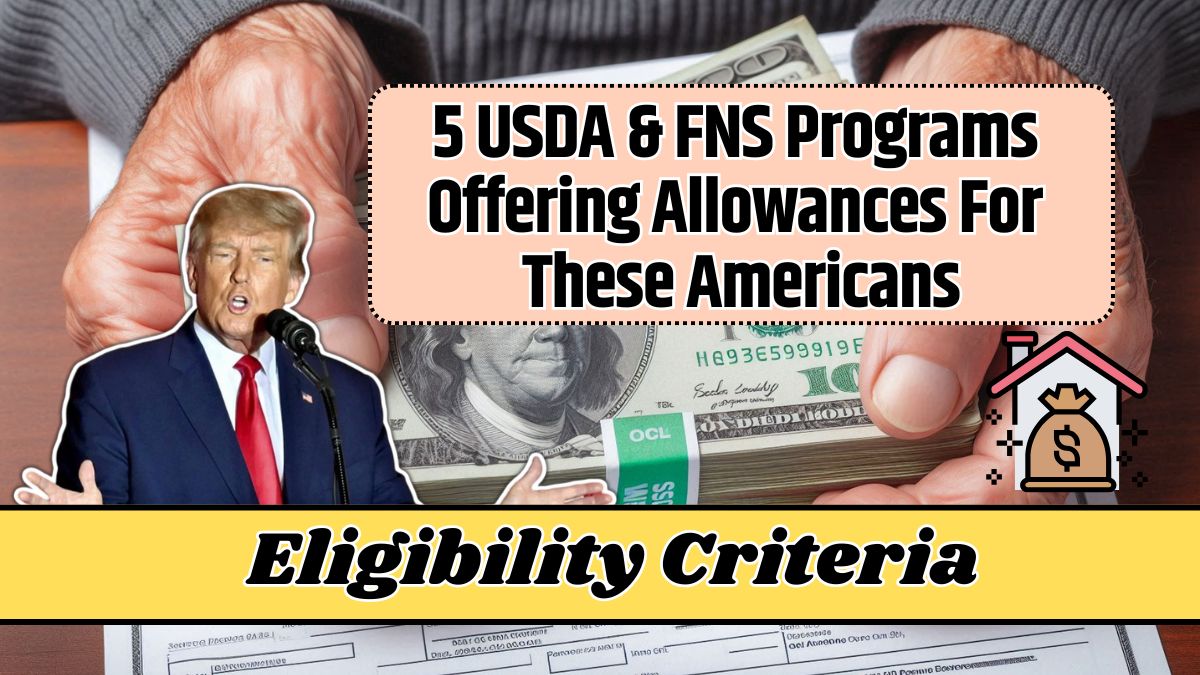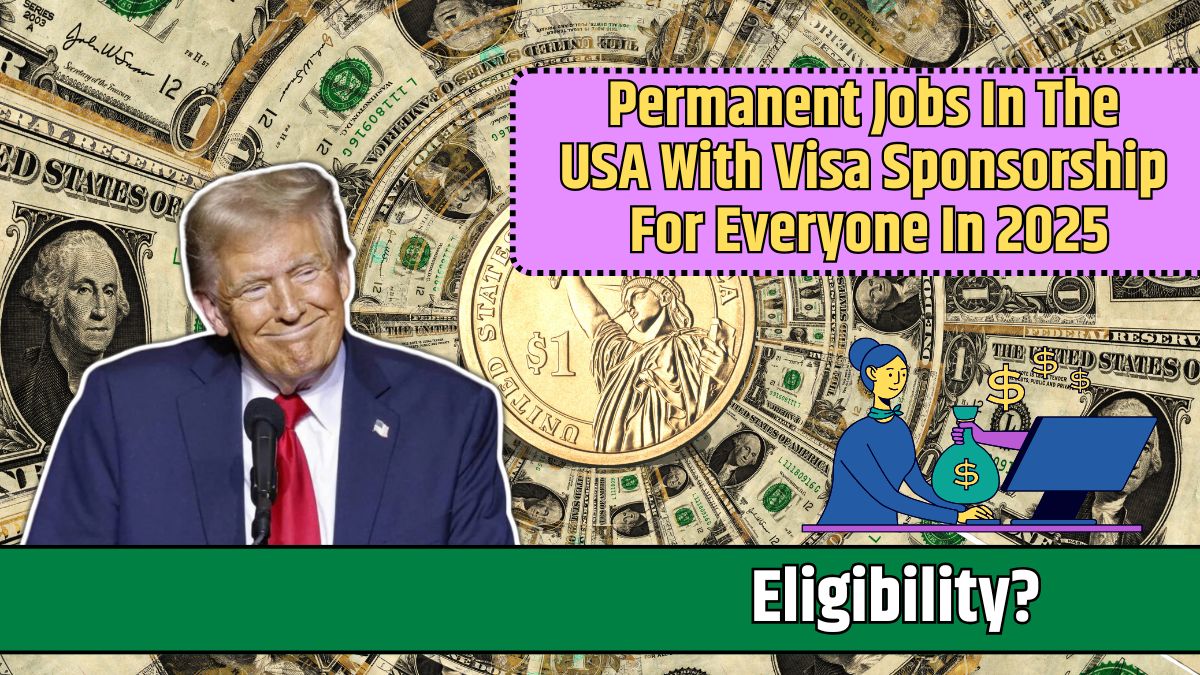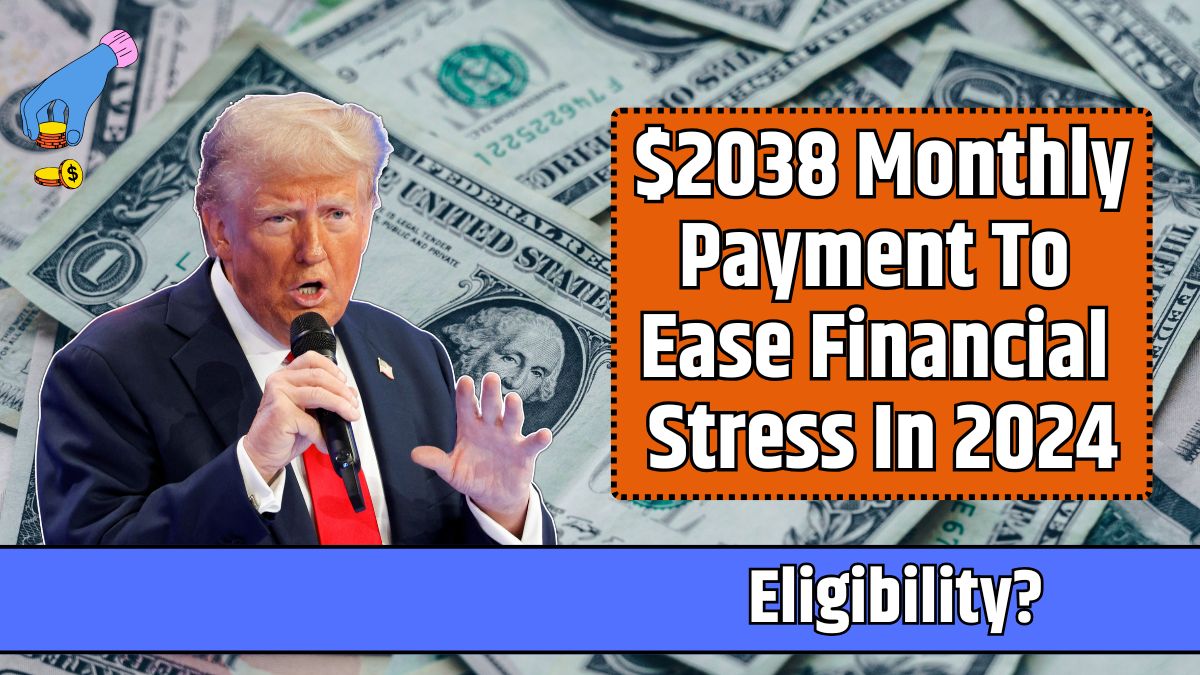After the African National Congress (ANC) lost the majority in the general elections on May 29, 2024, South Africa is going through its biggest political change since the end of apartheid. Because of this important event in history, the ANC and its political opponents are now negotiating hard to form a unity government.
In the coming weeks, political groups will have heated debates about how to make a new government.
There are many different points of view, but most parties, including the ANC and its biggest rival, the Democratic Alliance, agree on how important it is to keep or raise income support for adults. This includes keeping the monthly COVID-19 aid payments going to the poorest families.
The ANC has made a big plan to turn the COVID-19 aid grant into a basic income for everyone (UBI). The ANC plans to put this policy into place within two years if they form a new government, as reported by the Guardian. The news was made a week before the elections.
If it works, South Africa would be the first country to offer a UBI, which would give regular payments to everyone aged 18 to 59, whether they work or not.
How social aid is doing in South Africa right now
The ANC has made a big plan to turn the COVID-19 aid grant into a basic income for everyone (UBI). The ANC plans to put this policy into place within two years if they form a new government, as reported by the Guardian. The news was made a week before the elections.
Background information and views from around the world on basic income
The idea of a universal basic income (UBI) is not new. It has been discussed worldwide for decades as a possible solution to increasing inequality. Visionaries like Elon Musk support UBI as a way to address job losses due to automation.
At the same time, civil rights leader Martin Luther King Jr. viewed it as a powerful means to eliminate poverty. The concept gained significant attention during the COVID-19 pandemic when many governments provided emergency financial support to their citizens.
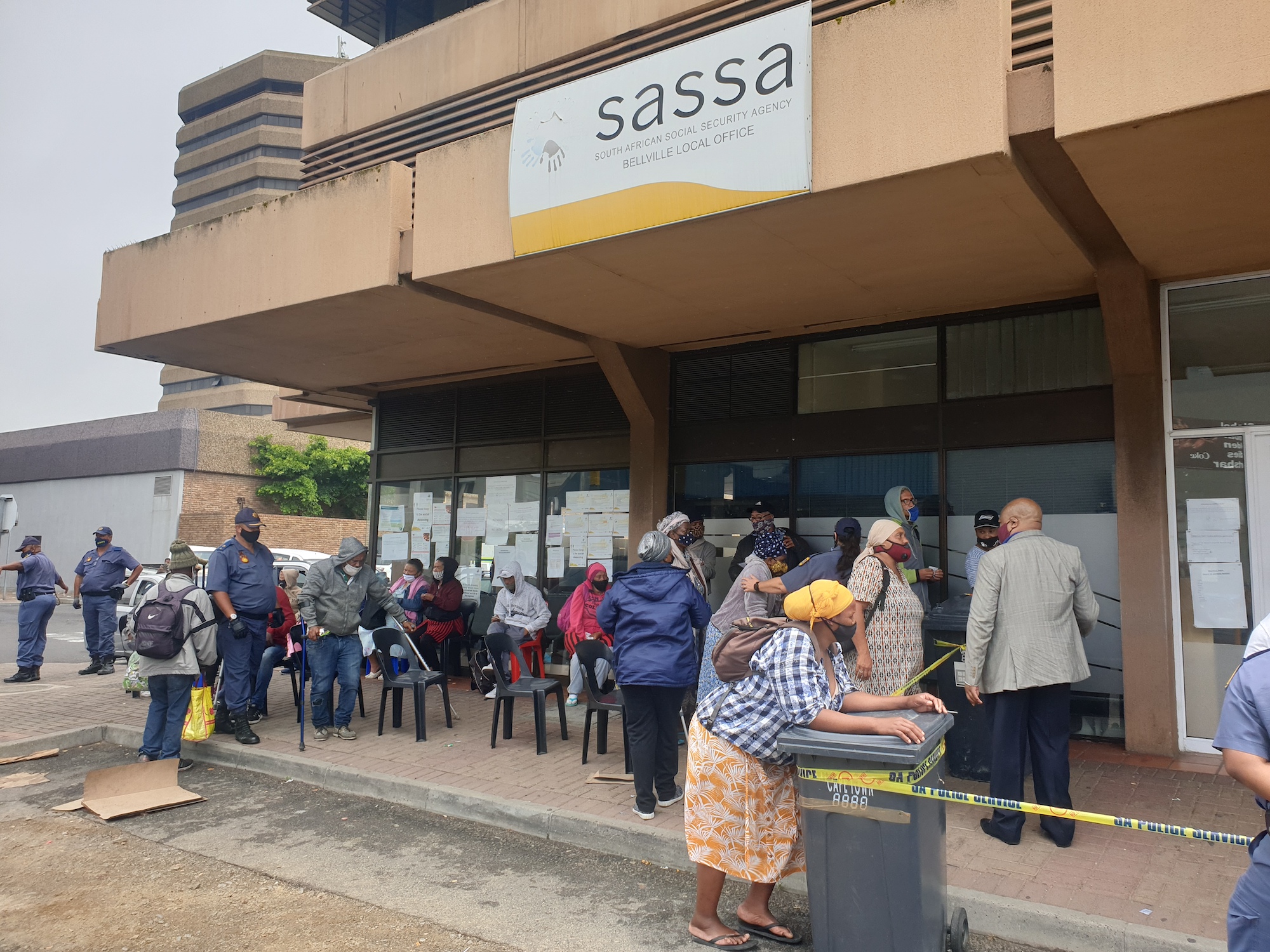
Economic Benefits of UBI
Research shows that giving direct financial support to the poorest households can greatly benefit the economy. Kelle Howson, a senior researcher at the Institute for Economic Justice (IEJ) in Johannesburg, points out that these payments boost economic activity by increasing spending among low-income households.
The IEJ reports that about 93% of SRD payment recipients use the money mainly for food, highlighting how crucial these payments are for their daily survival.
International Case Studies
Several case studies from around the world show that Universal Basic Income (UBI) could be helpful. GiveDirectly ran a large UBI study in Kenya and found that people who got the money made big changes in their lives.
They put money aside to buy big things, changed what they ate, and started small businesses. Similar good results have been seen in studies conducted all over the world.
For instance, during the pandemic, Spain set up a program to help poor people that gave €1,015 a month to 850,000 families. Adults in the US who make less than $99,000 a year could get $1,200 through the Coronavirus Aid, Relief, and Economic Security (CARES) Act.
The UK set up the furlough program and other steps to help people who are self-employed. They also gave £100 billion to people who were affected by the pandemic and temporarily raised payments for universal credit.
Policy Changes After the Pandemic
When the pandemic stopped, politics changed, and many governments went back to austerity measures to deal with the extra debt that arose during the crisis.
The National Institute of Economic and Social Research in the UK did a study that showed the government could have cut extreme poverty by a lot if it had kept increasing payments for universal credit.
But the choice to stop these higher payments caused a sharp rise in homelessness, making things much worse for more people who were already having a hard time with money.
How South Africa Does Things Differently
South Africa has kept its COVID-19 funds, even though the country is under pressure to make its financial policies stricter. In April 2021, these grants were briefly cut off, which caused large-scale riots. Because of this, the government quickly brought back the handouts by August of the same year.
But there are some problems with the way things are now. The Social Relief of Distress (SRD) funds aren’t enough; they only cover half of what’s needed to get people above the food poverty line. These words mean that the money given is not enough to cover basic food needs.
Aside from that, every month millions of people who are qualified for the grant do not get it. This is because of issues with the application and delivery process, which makes it hard for many people to get the money they need.
Attacks on the Present System
Both the IEJ and the #PayTheGrants campaign have spoken out against the present system. They think that the digital application process and automated means tests often leave out people who are qualified, especially those who can’t connect to the internet regularly.
Elizabeth Raiters, a South African activist who is out of work, talks about the problems people who aren’t getting help face every day. The IEJ has even gone to court against the government, saying that the rules unfairly keep millions of people from getting help.
